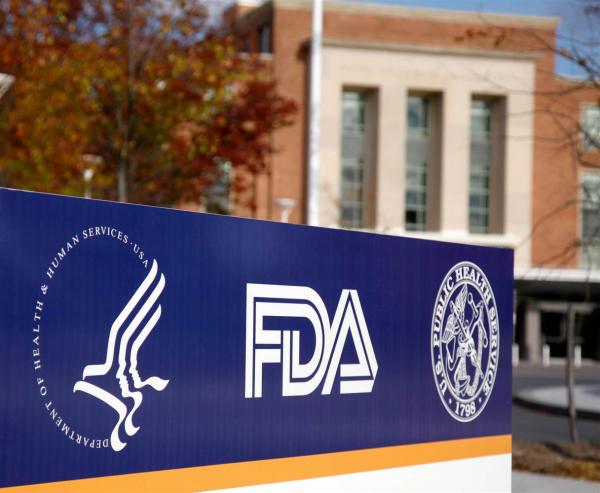
The controversy over Genetically Modified Organisms (GMOs) lives on, despite the scientific community's best efforts to quell the scaremongering.
In fact, GMOs are the scientific issue with the widest gap in understanding between scientists and the public, with 88% of scientists reporting that GMOs are safe to eat, as compared to just 37% of the public. One of the reasons for that gap is that scientists understand the biology behind how GMOs are created and why they are not harmful. But, lacking that understanding leaves a lot of space for fear and uncertainty.
Even worse, as GMOs become even more complicated, the gap in understanding is bound to get larger.
The new wave of genetically engineered food includes traits that were obtained through genome editing techniques such as CRISPR - Cas9. This precise molecular tool allows genes to be altered precisely without introducing genes from other species which is illustrated, for example, in the production of the non-browning mushroom.
In order to gather concerns from the public, the US Food and Drug Administration (FDA) is requesting comments on the topic of genome editing, as announced in a notice in the Federal Register, in the production of plants that would be eaten by both humans and animals.
The questions that they are seeking comment on are as follows,
1. In what ways are the food safety risks associated with human and animal foods from genome edited plants the same as or different from those associated with other plant development methods?
2. To what extent is the scientific knowledge of and experience with current new plant varieties relevant to the safety assessment and regulatory status of food from new plant varieties produced using genome editing?
3. Are there categories of genome edited plant varieties for which there are scientific bases to conclude that foods from such categories are unlikely to present food safety risks different from or greater than those for traditional plant breeding? Similarly, are there categories of genome edited plant varieties for which the regulatory status of the food derived from such plant varieties can be said to be no different from that of traditionally-bred plants?
4. Are there categories of genome edited plant varieties for which there are scientific bases to conclude that foods from these categories are more likely than traditionally-bred plants to present food safety risks?
5. What steps can we take to help small firms, including those who may be considering using genome editing to produce new plant varieties for use in human or animal food, to engage with FDA about any questions related to food safety or the regulatory status of foods from their new plant varieties?
It is through participation in the conversation that we create stronger, science-based decisions. The comment period is open until April 19, 2017. To submit a comment, please follow the instructions that can be found on this link.



